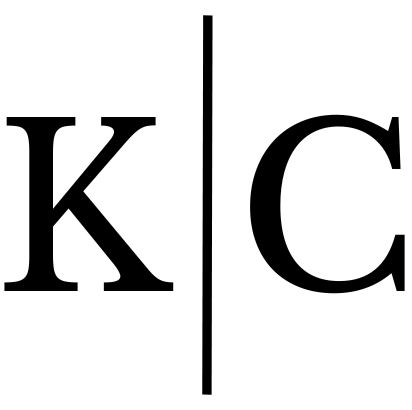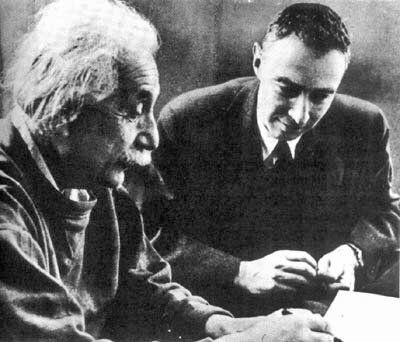Does a product manager need domain expertise?
If you don't understand your industry, you can't be successful. If you are an industry veteran that's too steeped in tradition, you become less capable of innovation. So what's the real deal with domain expertise?First, let's be specific. You can break domain expertise down into your understanding of:
The industry: key players, competitive dynamics, regulatory issues, supply chain, talent
The customer: characteristics, behaviors, motivations, goals, key challenges
The product: technical design, value prop, key features, customer experience
The problem: entertaining, saving time, making money, improving performance
Within these areas, it is easy to conflate knowledge and skill. Knowledge is knowing what a neural network is. Skill is the capability to build a deep learning model that produces results for your business. Knowledge is required but not sufficient. Skill is where you truly differentiate yourself.
In my experience, skills at solving a specific type of problem are the most critical. Steven Spielberg is an expert at entertaining. I would bet on him being successful in any medium as long as the fundamental premise is developing rich characters and stories to entertain an audience. Tim Ferriss, on the other hand, is an expert at improving performance. He does it across domains like entrepreneurship, investing, sports, cooking, and politics. But it's always about identifying behaviors that improve results. Great product managers hover around similar problem types, whether it's saving companies time and money or connecting and entertaining consumers.
Understanding the customer is also wildly important. World-class product experiences are anchored on empathy for the user. It takes time to build this empathy and knowledge. However, if you have the skill to perform effective user research - then you can accelerate the learning curve and learn new customers more rapidly.
Product is a mix. You need deep knowledge and specialized skills to build a self-driving car or develop a new cancer drug. But I have found most software products to be readily learnable once you understand the basics.
Industry is a tricky dichotomy. You can't succeed in a complex regulated industry, like financial services or healthcare, without knowing the market's dynamics. On the flip side, radical innovation tends to come from industry outsiders who aren't steeped in the old ways, i.e. Stripe, AirBNB, Uber, etc. So there is a risk/reward tradeoff. Being an insider increases your chances of success, but reduces the chances of outlier success. Being an outsider increases your chances of hitting a home run, but increases the likelihood of complete failure.
As a product manager, I recommend you think carefully about where you want to build your expertise over time, especially in regards to problem type. Early in your career, focus on breadth so you can build a baseline and experiment. Once you find the area(s) where you have the highest combination of passion and ability, go deep! That's how you go from good to great.


